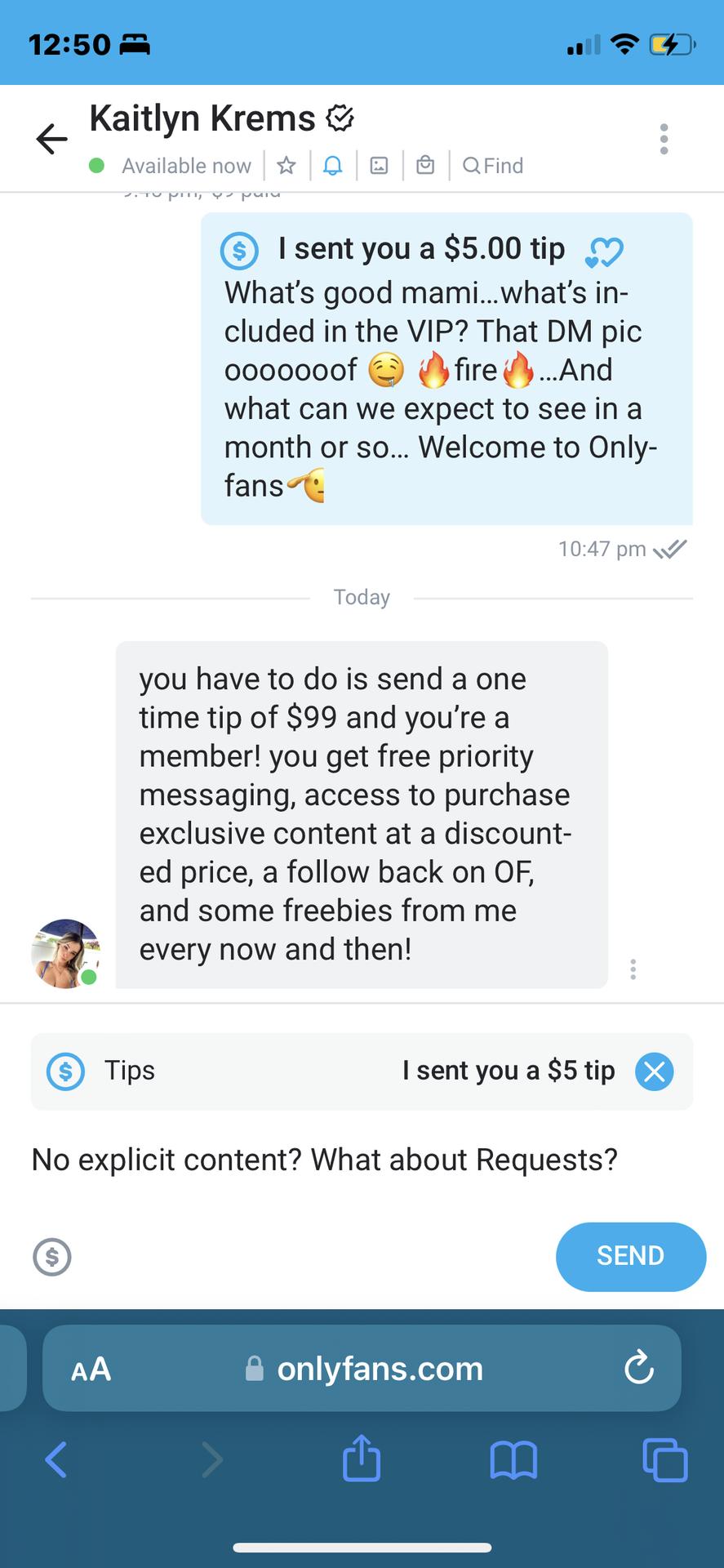How does the digital age redefine privacy and consent for content creators like Drew Gulliver? The unauthorized release of private material from OnlyFans, a subscription-based platform where creators share exclusive content with paying subscribers, has ignited fierce debates over the boundaries of personal privacy. A breach of trust on this scale not only violates the creator's rights but also raises critical questions about the safety mechanisms in place to protect digital content. As we delve into the specifics of the Drew Gulliver leaks, it becomes clear that the incident serves as a stark reminder of the vulnerabilities inherent in today’s online ecosystems.
The growing popularity of platforms like OnlyFans has provided a lucrative avenue for creators to monetize their work while maintaining control over who accesses their content. However, the recent Drew Gulliver leak underscores the risks associated with sharing intimate material online. This unauthorized dissemination of private images and videos has sparked widespread discussions about the ethical implications of such actions. While some argue that the responsibility lies with the creators themselves, others emphasize the need for stronger legal protections and technological safeguards to prevent future breaches. In navigating these complex issues, it is crucial to examine the broader context of how content creators operate within an increasingly digital world.
| Bio Data & Personal Information | Career & Professional Information |
|---|---|
| Name: Drew Gulliver | Profession: Content Creator |
| Date of Birth: [Not Publicly Disclosed] | Platform: OnlyFans |
| Place of Birth: [Not Publicly Disclosed] | Years Active: Since 2022 |
| Residence: United States | Follower Count: Over 100,000 Subscribers |
| Education: [Details Not Available] | Content Focus: Lifestyle, Fitness, Adult Content |
| Reference Website: OnlyFans Official Website | |
With the rise of subscription-based platforms, the dynamics of content creation have shifted dramatically. Creators now have unprecedented opportunities to connect directly with their audience, offering tailored experiences that cater to niche interests. However, this newfound freedom comes at a cost. The Drew Gulliver incident highlights the precarious balance between accessibility and security. Despite robust encryption protocols employed by platforms like OnlyFans, determined individuals can exploit vulnerabilities, leading to the unauthorized distribution of sensitive material. Such breaches not only tarnish the reputation of the affected creator but also undermine public trust in these platforms.
For Drew Gulliver, the fallout from the leak extends beyond mere embarrassment. The invasion of privacy has profound implications for both his personal life and professional career. Fans and followers who initially supported his work may distance themselves due to the negative publicity surrounding the leak. Additionally, potential collaborators or sponsors might hesitate to associate with him, fearing reputational damage. Yet, amidst the turmoil, there are calls for solidarity and understanding. Advocates stress the importance of respecting the autonomy of creators and condemning those responsible for violating their privacy.
The incident also sheds light on the broader challenges faced by the creator economy. While platforms like OnlyFans empower individuals to monetize their talents, they simultaneously expose them to heightened risks. Creators often invest significant time and effort into crafting content that resonates with their audience, only to find their work exploited without consent. This duality underscores the urgent need for comprehensive solutions that address both the creative and protective aspects of content creation. Industry leaders must collaborate with policymakers to establish clearer guidelines and penalties for those who engage in illicit activities.
In response to such incidents, many creators have taken proactive steps to safeguard their content. Techniques such as watermarking, encryption, and limiting access to trusted networks have gained traction as effective strategies for deterring unauthorized sharing. Furthermore, awareness campaigns aimed at educating users about the importance of consent and respect for intellectual property rights play a vital role in fostering a safer digital environment. By promoting accountability and empathy, society can better support creators like Drew Gulliver in navigating the complexities of the modern internet landscape.
Public reaction to the Drew Gulliver leak has been mixed, reflecting the diverse perspectives held by different segments of society. Some view the incident as a cautionary tale, urging creators to exercise greater caution when sharing personal content. Others express outrage at the violation of privacy, calling for stricter enforcement of existing laws against cybercrime. Regardless of individual opinions, the consensus remains that action must be taken to prevent similar occurrences in the future. As technology continues to evolve, so too must our approaches to ensuring the safety and integrity of digital content.
Ultimately, the Drew Gulliver OnlyFans leak serves as a pivotal moment in the ongoing discourse surrounding privacy and consent in the digital age. It forces us to confront uncomfortable truths about the vulnerabilities inherent in our interconnected world while challenging us to seek innovative solutions that prioritize the well-being of all stakeholders involved. For content creators like Drew Gulliver, whose livelihoods depend on maintaining control over their creations, the stakes could not be higher. As we move forward, let this incident serve as a catalyst for meaningful change, paving the way for a more secure and equitable digital future.



